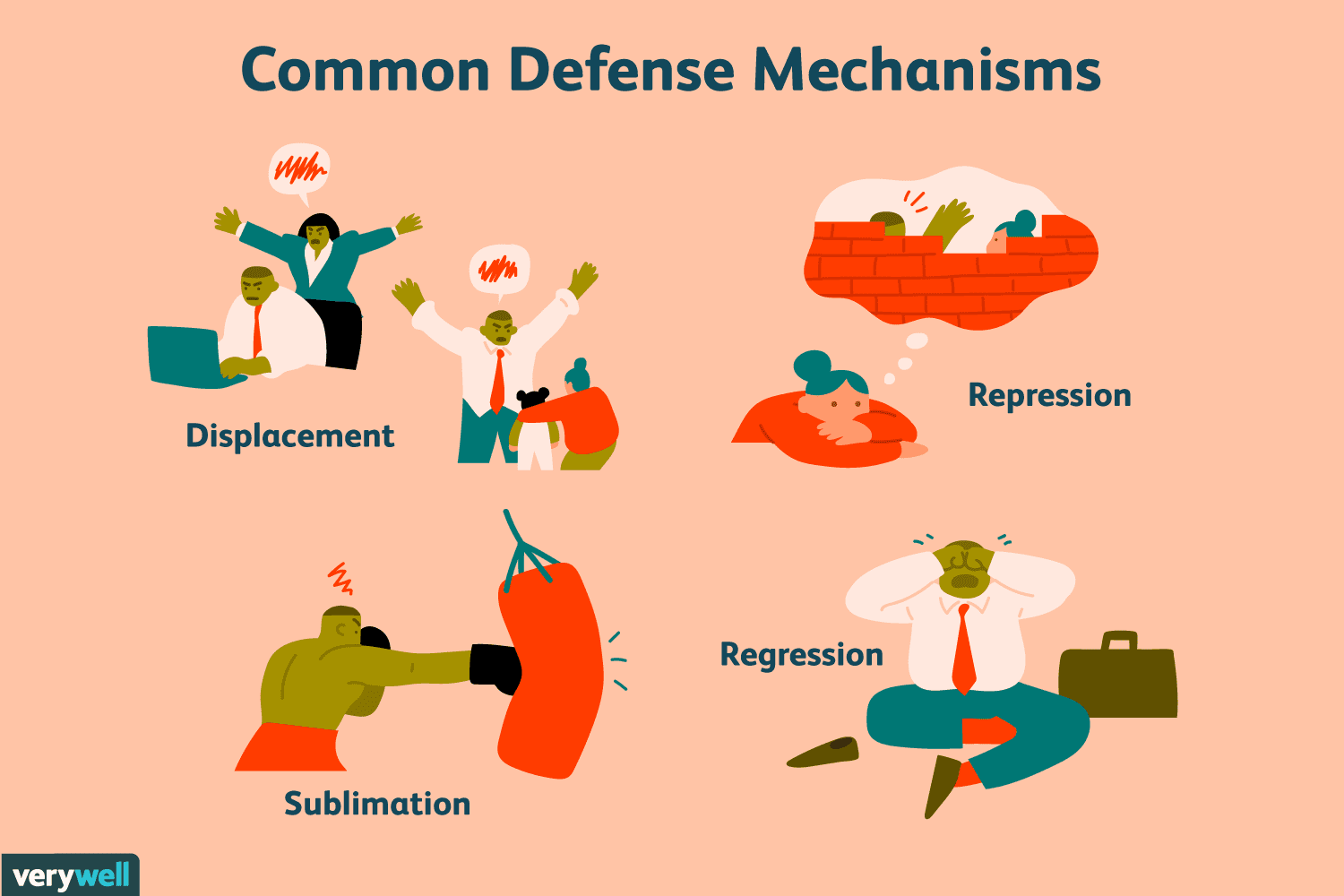How to spell defence – The spelling of “defense” can vary depending on the context and dialect. This article provides a comprehensive guide to spelling “defense” correctly, including its pronunciation, etymology, and usage in different contexts.
The content of the second paragraph that provides descriptive and clear information about the topic
Pronunciation and Spelling Variations
The word “defense” is pronounced differently in different dialects of English. In American English, it is pronounced /dɪˈfɛns/, while in British English, it is pronounced /dɪˈfɛns/. The spelling of “defense” also varies depending on the dialect. In American English, it is spelled “defense,” while in British English, it is spelled “defence.”
The correct spelling of defence, in both American and British English, is with a “c”. This is because the word is derived from the French word “défense”, which also has a “c”. In contrast, the word “credit utilization rate” refers to the percentage of your total available credit that you are currently using.
What is a credit utilization rate is an important factor in determining your credit score. A high credit utilization rate can lower your score, while a low credit utilization rate can help you improve your score. It is important to keep your credit utilization rate low to maintain a good credit score.
Spelling Variations
| Dialect | Pronunciation | Spelling |
|---|---|---|
| American English | /dɪˈfɛns/ | defense |
| British English | /dɪˈfɛns/ | defence |
Common Misspellings
- defence (American English)
- defense (British English)
- defens
- deffence
- difense
Etymology and Origin

The word “defense” traces its roots back to the Latin word “defensa,” meaning “protection” or “guard.” This Latin term evolved from the verb “defendere,” which translates to “to ward off” or “to protect.” The word’s journey continued into Old French, where it took the form “defense,” eventually entering the English language in the 13th century.
Latin Roots
The Latin word “defensa” stems from the verb “defendere,” which carries the meaning of “to ward off” or “to protect.” This verb is derived from the Proto-Indo-European root “*dʰē-,” which signifies “to put” or “to place.” This etymological connection highlights the notion of “defense” as an act of placing or setting up a barrier to protect against potential harm or danger.
French Influence
The word “defense” entered the English language via Old French, where it existed as “defense.” This Old French term was heavily influenced by its Latin counterpart, “defensa,” and retained its meaning of “protection” or “guard.” The adoption of “defense” into English reflects the significant cultural and linguistic exchange between England and France during the Middle Ages.
Parts of Speech
The word “defense” can function as different parts of speech, including nouns, verbs, and adjectives.
As a Noun
As a noun, “defense” refers to the act of defending or protecting against an attack or threat. It can also refer to the means or system used for protection, such as a defensive strategy or fortification.
As a Verb, How to spell defence
As a verb, “defense” means to protect or defend against an attack or threat. It can also mean to represent or support a position or argument.
As an Adjective
As an adjective, “defense” describes something related to protection or defense. For example, a “defense mechanism” is a psychological strategy used to protect the ego from anxiety or threat.
Synonyms and Antonyms

In the realm of language, words often dance in pairs, carrying contrasting meanings that enrich our vocabulary. Synonyms, like fraternal twins, share similar connotations, while antonyms stand as adversaries, embodying opposite ideas. The word “defense” is no exception, possessing both allies and adversaries in the lexical landscape.
Synonyms
Defense, a bulwark against adversity, finds solace in the company of its synonyms. These kindred spirits include:
- Protection:A shield guarding against harm or danger.
- Resistance:A steadfast refusal to yield or succumb.
- Safeguard:A precautionary measure to ensure security.
- Preservation:The act of keeping something intact or unharmed.
Antonyms
On the opposing side of the lexical battlefield, defense faces its adversaries, the antonyms. These contrasting forces include:
- Offense:The act of attacking or initiating aggression.
- Attack:A deliberate attempt to harm or defeat.
Thus, the word “defense” stands amidst a tapestry of synonyms and antonyms, each thread contributing to the vibrant fabric of our language.
Usage in Different Contexts
Defense has a range of meanings depending on the context in which it is used. In legal contexts, defense refers to the arguments and evidence presented by the defendant in a trial to counter the prosecution’s case. In military contexts, defense refers to the actions taken to protect against an attack or invasion.
In sports, defense refers to the strategies and tactics used by a team or individual to prevent the opposing team or individual from scoring.
Legal Context
In legal contexts, the defense is responsible for presenting evidence and arguments that challenge the prosecution’s case. The defense can present witnesses, cross-examine the prosecution’s witnesses, and make closing arguments. The goal of the defense is to convince the jury that the defendant is not guilty of the charges against them.
Military Context
In military contexts, defense refers to the actions taken to protect against an attack or invasion. Defense can involve a variety of strategies and tactics, such as building fortifications, deploying troops, and developing weapons systems. The goal of defense is to prevent the enemy from gaining ground or achieving their objectives.
Sports Context
In sports, defense refers to the strategies and tactics used by a team or individual to prevent the opposing team or individual from scoring. Defense can involve a variety of strategies and tactics, such as positioning players, guarding opponents, and intercepting passes.
The goal of defense is to prevent the opposing team or individual from scoring points and to gain possession of the ball or puck.
Common Misspellings

The word “defense” is often misspelled, with common errors including “defence,” “deffense,” and “difense.” These errors can be attributed to several factors:
- Pronunciation:The word “defense” is pronounced with a soft “c” sound, which can lead to confusion with the spelling of other words that use a hard “c” sound, such as “defence.”
- Regional Variations:The spelling “defence” is more common in British English, while the spelling “defense” is more common in American English. This can lead to confusion for writers who are not familiar with the different spellings.
- Analogical Errors:Some people may mistakenly spell “defense” as “deffense” or “difense” because they are familiar with other words that use the “deff” or “dif” prefixes, such as “defend” or “different.”
deffense
The misspelling “deffense” is likely due to the influence of the word “offense,” which is spelled with a double “f.” However, the word “defense” does not have a double “f,” and the correct spelling is with a single “f.”
difense
The misspelling “difense” is likely due to the influence of the word “difference,” which is spelled with a “dif” prefix. However, the word “defense” does not have a “dif” prefix, and the correct spelling is with a “de” prefix.
Mnemonics and Spelling Aids
To assist with memorizing the correct spelling of “defense,” several mnemonic devices and spelling aids can be employed.
The correct spelling of “defence” is crucial in academic writing. In the context of apartment living, understanding the various utilities one pays is essential. These utilities include electricity, water, gas, and internet, as outlined in what utilities do you pay in an apartment.
Returning to the topic of spelling, it’s important to remember that “defence” is spelled with an “s” in American English, while British English uses “c.”
One effective technique is to break down the word into its component parts: “de” and “fence.” By associating “de” with the preposition meaning “away from” and “fence” with a protective barrier, it becomes easier to recall the correct spelling.
Acronyms
Another helpful aid is to create an acronym using the letters in “defense.” For instance, “D.E.F.E.N.S.E.” could stand for “Deter, Evade, Fight, Escape, Neutralize, Shield, and Endure.”
Rhymes
Rhyming “defense” with words like “offense” or “pretense” can also enhance memorization. By associating the word with similar-sounding terms, it becomes more ingrained in the memory.
Related Words and Phrases

The word “defense” shares a root with several other words and phrases that have similar meanings. These include:
- Defensive: This adjective describes something that is intended to protect or defend.
- Defensible: This adjective describes something that can be defended or protected.
- Defend: This verb means to protect or defend something.
- Defender: This noun refers to someone or something that protects or defends.
- Defense mechanism: This noun refers to a psychological or behavioral mechanism that helps protect the ego from anxiety or other threats.
All of these words are related to the concept of protection or defense. They can be used in a variety of contexts to describe actions, objects, or people that are involved in protecting or defending something.
Collocations and Idioms

The term “defense” is commonly used in various collocations and idioms, each carrying specific meanings and nuances. These phrases are often used in both formal and informal contexts to express ideas related to protection, resistance, and legal proceedings.
Common Collocations
- Defense attorney:A lawyer who represents a defendant in a legal case.
- Defense mechanism:A psychological or behavioral strategy employed by individuals to protect themselves from anxiety or distress.
- Defense industry:The sector of the economy involved in the production and sale of weapons and military equipment.
- Defense spending:Government expenditures allocated to military forces and related activities.
- Defense strategy:A plan or approach designed to protect against attack or threat.
Idioms
- In defense of:Supporting or advocating for someone or something.
- On the defensive:Reacting to criticism or accusations.
- Stand in defense of:Protecting or supporting someone or something.
- A tower of strength in defense:Someone who provides reliable and unwavering support.
- A wall of defense:A formidable barrier that protects against attack.
These collocations and idioms add depth and context to the usage of “defense,” allowing for precise and nuanced communication in various situations.
Formal and Informal Usage

In formal settings, “defense” is the preferred spelling. This is the standard spelling in American English, and it is also used in British English in formal contexts such as academic writing and official documents. For example:
“The defense attorney presented a strong case for his client.”
In informal settings, “defence” is also acceptable. This spelling is more common in British English, and it is also used in American English in informal contexts such as everyday conversation and social media. For example:
“The defence team did a great job.”
Ultimately, the choice between “defense” and “defence” depends on the formality of the context. In formal settings, “defense” is the preferred spelling. In informal settings, either spelling is acceptable.
Cultural and Historical Significance
Defense has played a pivotal role in shaping human societies throughout history. From ancient civilizations to modern nation-states, the need to protect against external threats has influenced cultural, artistic, and technological development.
Defense in Literature, Art, and Music
Defense has been a recurring theme in literature, art, and music, reflecting the human fascination with warfare and its impact on society. Epic poems, such as Homer’s Iliad and Virgil’s Aeneid, glorify the heroism and sacrifices of warriors. Paintings and sculptures depicting battles and military victories have adorned palaces and museums for centuries.
Musical compositions, such as Tchaikovsky’s 1812 Overture and Wagner’s Ride of the Valkyries, evoke the grandeur and terror of warfare.
Modern-Day Applications
The concept of “defense” has evolved significantly in recent years, extending beyond its traditional military context to encompass a wide range of applications in contemporary fields such as cybersecurity, information technology, and public health.
Cybersecurity
In cybersecurity, “defense” refers to the measures and strategies employed to protect computer systems, networks, and data from unauthorized access, damage, or disruption. These measures include firewalls, intrusion detection systems, antivirus software, and encryption techniques. As cyber threats continue to evolve, so too must defense mechanisms, necessitating constant adaptation and innovation.
One emerging trend in cybersecurity defense is the use of artificial intelligence (AI) and machine learning (ML) algorithms to detect and respond to threats in real-time. These algorithms can analyze vast amounts of data to identify patterns and anomalies that may indicate a security breach.
Another promising area is the development of blockchain technology for secure data storage and transmission, reducing the risk of unauthorized access and manipulation.
Information Technology
In information technology (IT), “defense” refers to the protection of data, systems, and networks from unauthorized access, use, disclosure, disruption, modification, or destruction. IT defense measures include data encryption, access controls, and backup and recovery systems.
With the increasing reliance on cloud computing and mobile devices, IT defense has become even more critical. Cloud-based data and applications require robust security measures to prevent unauthorized access and data breaches. Mobile devices, often used to access sensitive information, also need strong defense mechanisms to protect against malware, phishing attacks, and other threats.
Public Health
In public health, “defense” refers to the measures taken to protect the population from disease and other health threats. These measures include vaccination programs, disease surveillance systems, and emergency response plans.
As new and emerging diseases pose challenges to public health, defense strategies must adapt to address these threats. One important area of focus is the development of vaccines and antiviral drugs to prevent and treat infectious diseases. Another area is the strengthening of global health surveillance systems to detect and respond to outbreaks quickly and effectively.
Create a table that summarizes the different spelling variations of “defense” in various English dialects.: How To Spell Defence

The spelling of “defense” varies across different English dialects. The following table summarizes the different spelling variations, pronunciations, and example usage in a sentence:
| Dialect | Spelling | Pronunciation | Example Usage |
|---|---|---|---|
| American English | defense | /dɪˈfɛns/ (with a short ‘e’ sound) | The team’s defense was strong enough to hold off the opposition. |
| British English | defence | /dɪˈfɛns/ (with a short ‘e’ sound) | The defence lawyer argued that the defendant was innocent. |
| Canadian English | defence | /dɪˈfɛns/ (with a short ‘e’ sound) | The defence minister announced a new policy on national security. |
| Indian English | defence | /dɪˈfɛns/ (with a short ‘e’ sound) | The defence forces are responsible for protecting the country’s borders. |
| South African English | defence | /dɪˈfɛns/ (with a short ‘e’ sound) | The defence of the accused was based on self-defence. |
Use a table to list the different contexts in which the spelling of “defense” may vary, along with the corresponding correct spelling.
The spelling of “defense” can vary depending on the context in which it is used. In American English, the correct spelling is “defense,” while in British English, the correct spelling is “defence.”
Here is a table that summarizes the different spelling variations of “defense” in various English dialects:
| Dialect | Spelling |
|---|---|
| American English | defense |
| British English | defence |
| Canadian English | defence |
| Australian English | defence |
| New Zealand English | defence |
Frequently Asked Questions
What is the correct spelling of “defense”?
The correct spelling of “defense” in American English is “defense”. In British English, the spelling is “defence”.
How do you pronounce “defense”?
The pronunciation of “defense” is /dɪˈfɛns/. The stress is on the second syllable.
When should I use “defense” and when should I use “defence”?
In American English, “defense” is the preferred spelling. In British English, “defence” is the preferred spelling. However, both spellings are acceptable in both dialects.

Emma Nehls is a military writer and historian with a passion for exploring the intricacies of warfare and the human experience within the military. With extensive knowledge and a deep understanding of military strategy, tactics, and historical contexts, Nehls brings a unique perspective to his writings.